My Accounts
Language

Hello!
Select your country
 United States
United States
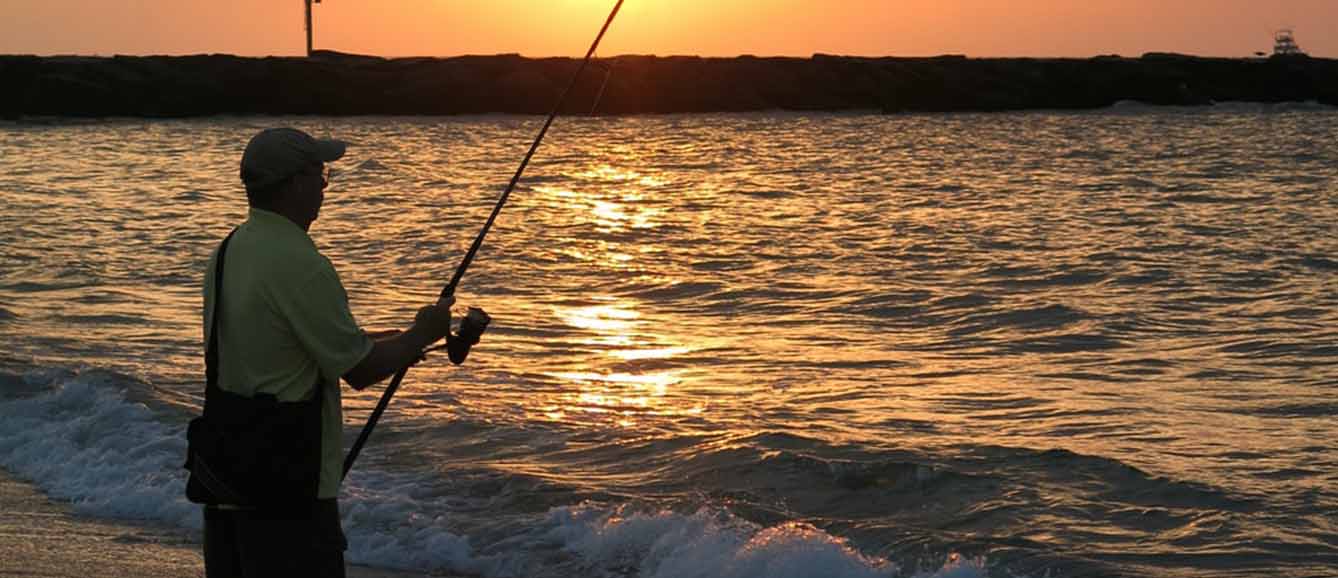
It is hard to learn how to fish. Fishing is a simple process to acquire but difficult to master a skill. Whether it's a local bait and tackle shop or a local fisherman, they may be able to lead you in the right direction and advise you on the best bait to use.
Are you prepared to catch fish when casting? If so, remembering these top ideas will assist you in achieving your goal.
Learning to fish is a difficult challenge. It is simple to cast a line. But it is more challenging to become a successful angler. That is why the word fishing is used instead of catching. Finding fish, tying on the proper fishing tackle, and employing the best method to catch fish on that tackle are three difficult aspects of fishing for novices.
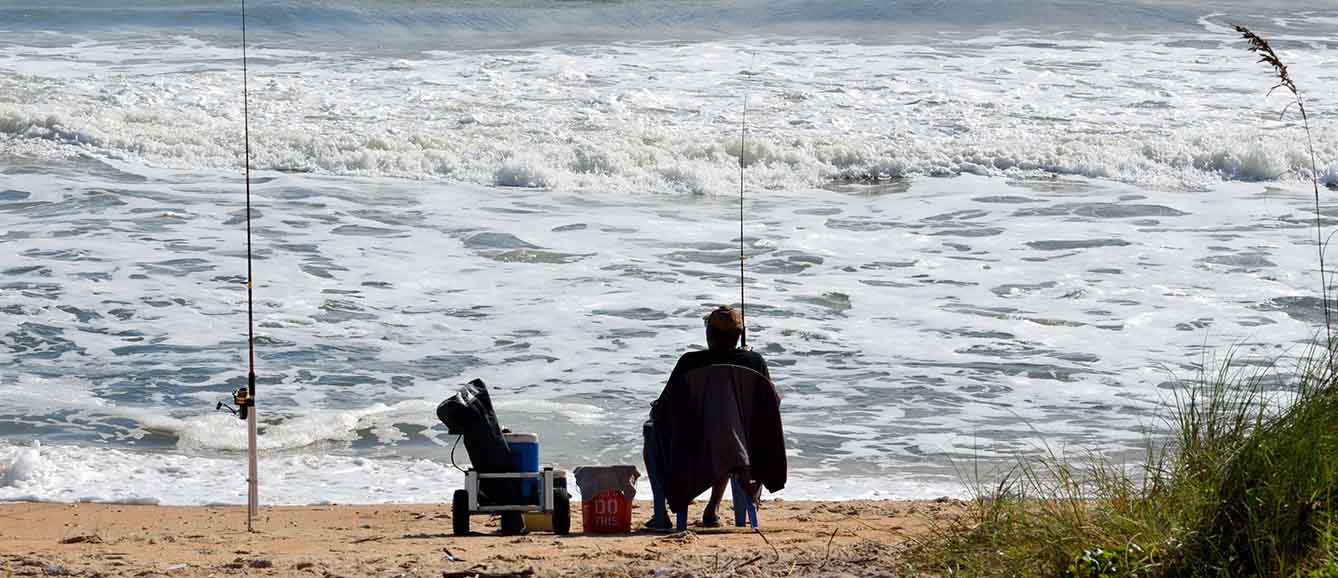
You may have recently discovered how enjoyable freshwater fishing can be, or a recent saltwater fishing adventure has sparked your interest in it. But no matter how and where you fish, all anglers need to know some basic fishing guidelines for beginners.
Fishing can be a lot of fun. Most beginners learn to fish because of the catch. However, as catching is a process, the better-prepared beginners are, the more fish they will capture. Here are some beginning fishing tips to help you catch more fish.
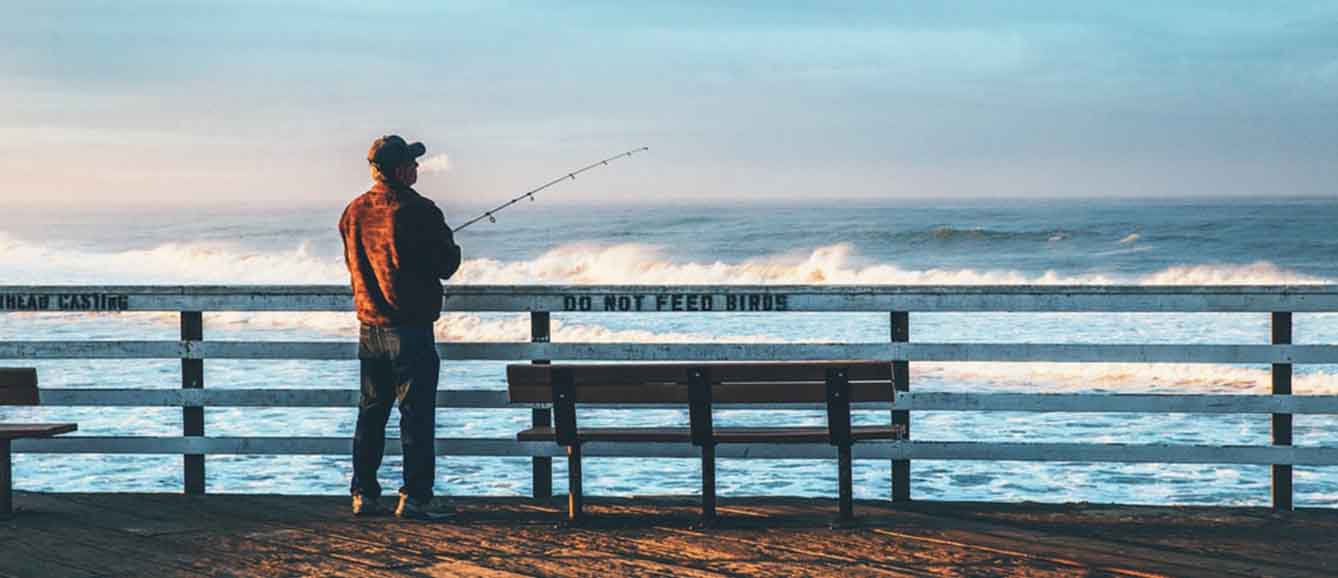
For fishing, the biggest mistake one can make- going in blind. Every fish is unique. Some fish prefer saltwater to freshwater while, others like the warm shallows more than the chilly deep water. And some prefer to eat in the morning rather than the evening. Find out what kind of fish you will be looking for by doing a fast Google search for your future fishing spot.

Baitholder Hooks, Split Shot Sinkers, and Snap Bobbers should be available individually at a Marine Hub online click here. If this is your first time fishing, go to your local fishing equipment store and stock up on all the essentials:
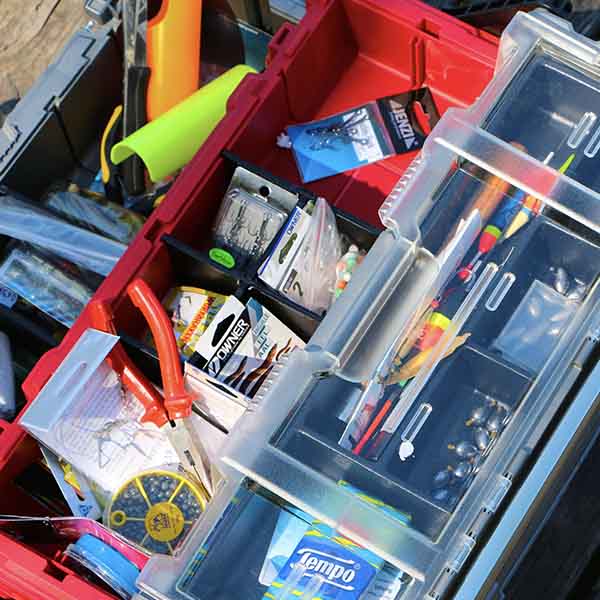
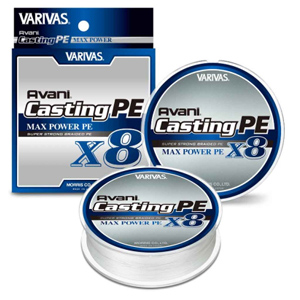
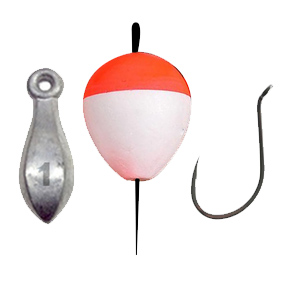
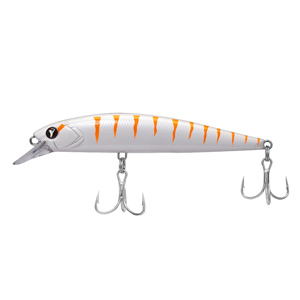
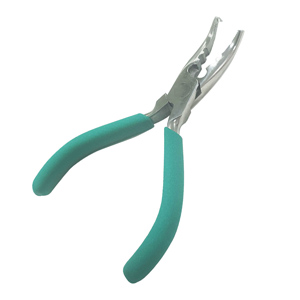
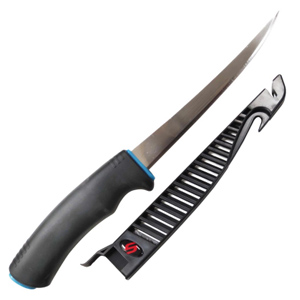

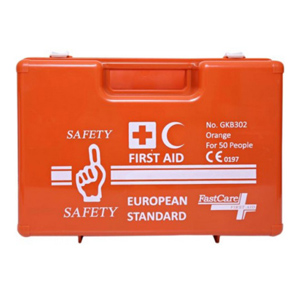
You may want more specialized equipment depending on where you plan to fish and the sort of fish you want to catch. Speak with one of the tackle store's professionals, and they should be able to assist you.
You need to angler safety. Most fishers recall essentials like sunscreen, rain gear, and a first aid kit. But beginners are prone to forgetting non-fishing necessities, like a bottle of drinking water or Dramamine for boat outings. A good day of fishing needs you to be hydrated and healthy.
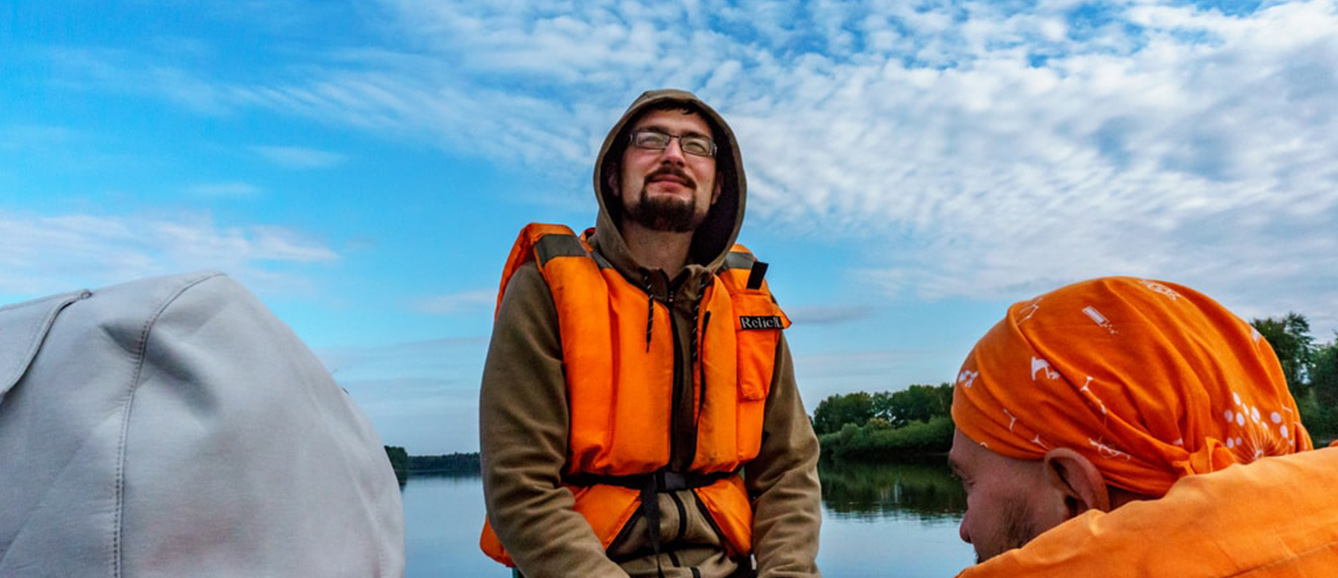
It is needed to wear a rated PFD when on the water. Space is generally confined in small boats, regardless of its size. In a boat, reeling your fish into the tip of the rod may be far more difficult than on land.
When reeling in your fish, you need to leave at least a rod's worth of line out and pull the line itself out of the water to help land your catch simpler. This extra line length prevents your rod from reacting to the flopping fish's movement as you remove the hook. It is useful when there is not enough room to set the rod down.
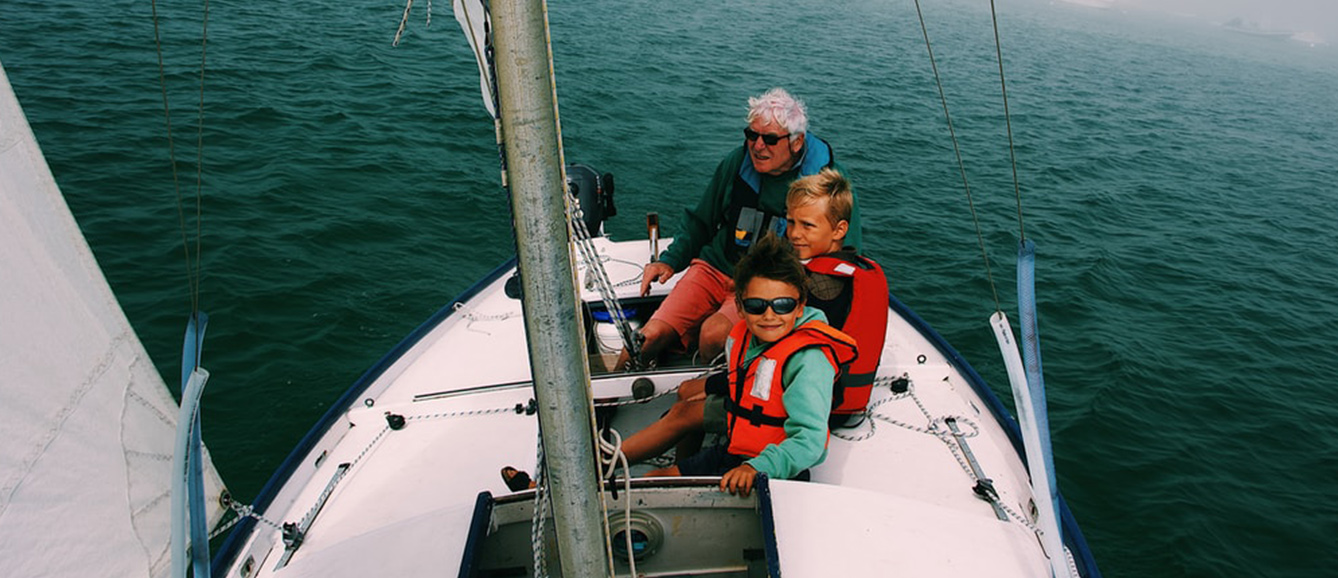
Using the wrong bait might mean the difference between a fun day out and going home empty-handed. It is something that you can determine through research. Use this guide to figure out what bait to use for which species, and don't be afraid to switch things up if something is not working.
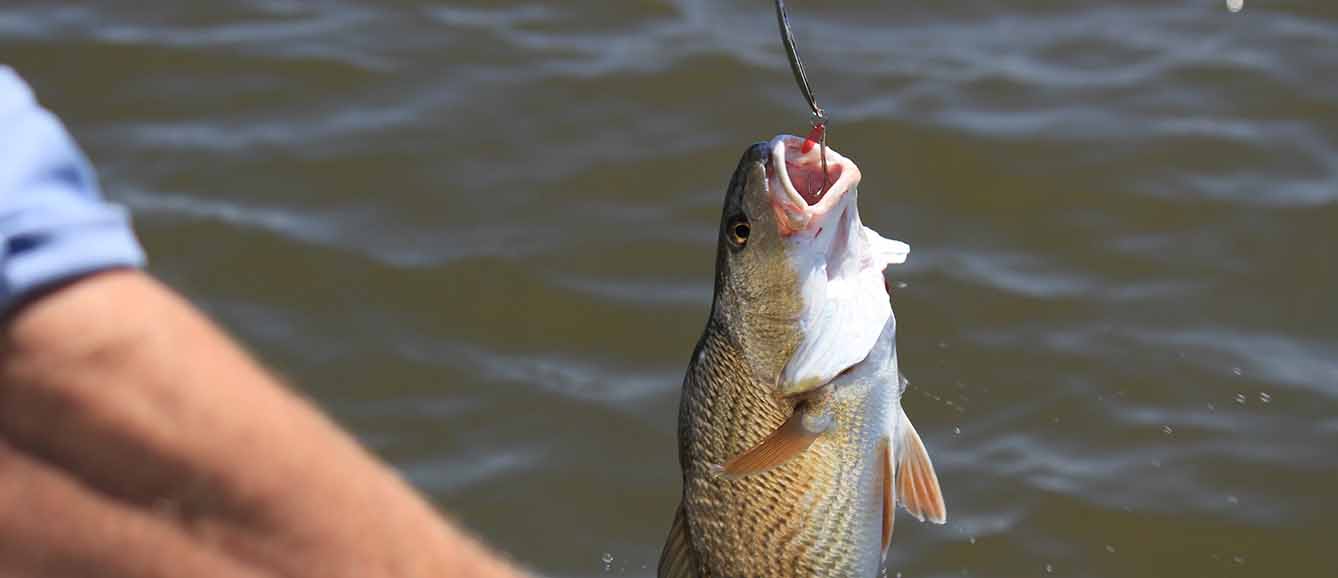
Pinch off a small 1-2′′ portion of the squid/shrimp with your thumbnail for the worm option. The barbs on the shank of the baitholder hook should be threaded through one end of the worm. On the other end, pierce the worm piece once more, fastening it to your barb but covering the hook's point.
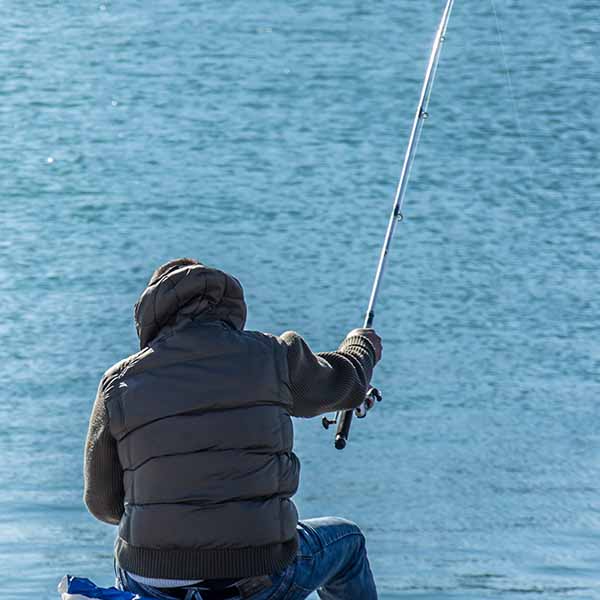
If you don't have access to a pier or deeper water on your first excursion, you'll need to learn how to cast. Hold the rod in your throwing hand, the shaft of the reel between your middle and ring fingers.
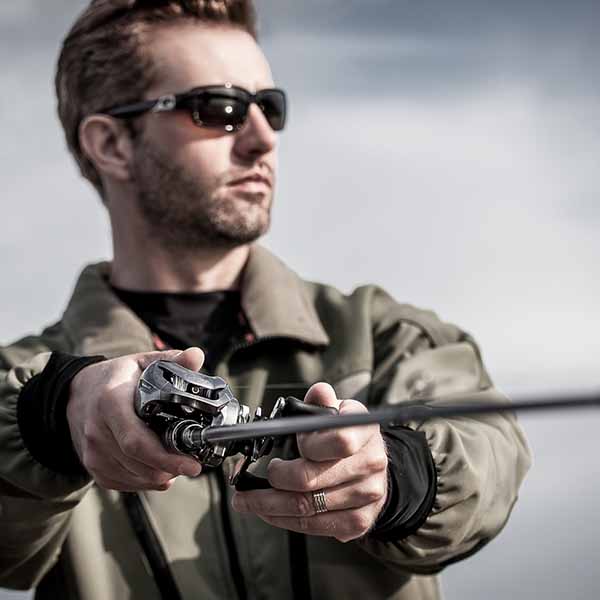
With the hand gripping the rod, open the bail with the opposing hand while squeezing the line between your index finger and the rod handle. Slowly direct your rod 45 degrees to the side of your body. Bring the rod back to your body's center. Once the rod's momentum is in front of you, release the finger that is pinching your line.
Begin by reeling in your line carefully until it is taut. To connect with the fish, gently lift your rod tip a few inches and set the hook into its mouth. But do not overdo it. You've just caught a healthy and bright Sunfish, and you want to keep them that way.
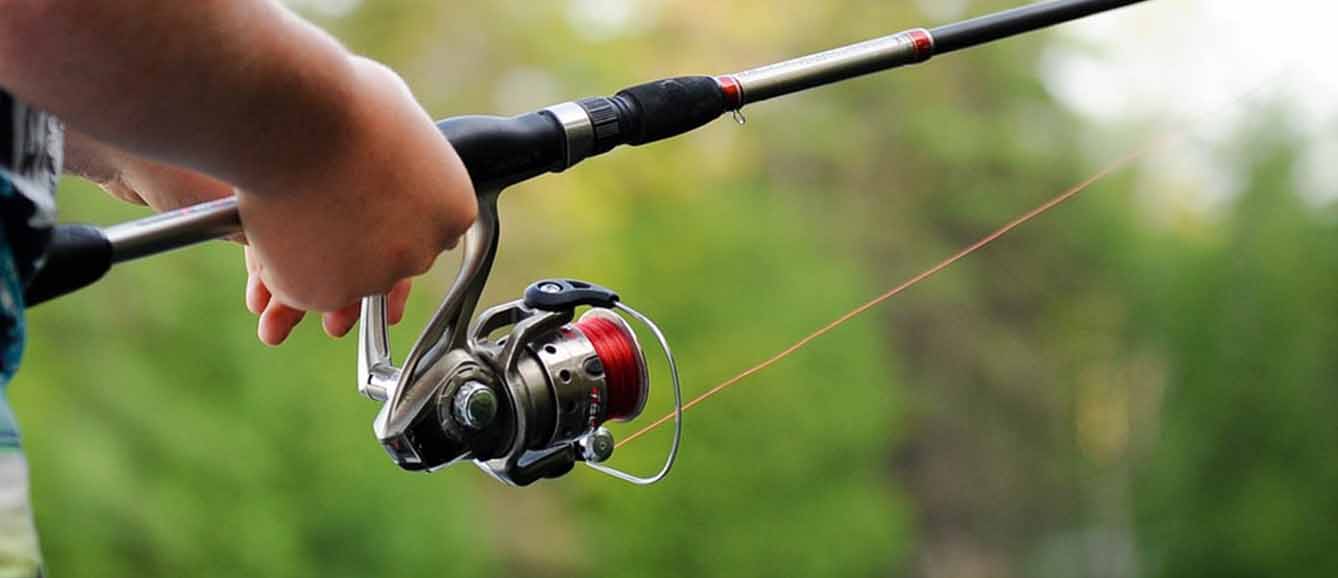
Gradually reel the fish in, directing your rod with the fish's movement and keeping an eye on the tension on your line. When the fish come to the surface, raise them above the dock or ground with your pole. If you reel in too much slack, your bobber might be stuck on the guide at the top rod. Your line will break, and you will lose your catch if you do not release it properly.
A fishing rig is a list of stuff used to catch fish. Without a discussion of rigging, no list of beginning fishing advice would be complete. The importance of rigging can be attributed to two factors. First, a well-tied fishing knot will not break when you set the hook. Second, some knots will make your fly or lure swim like natural bait.
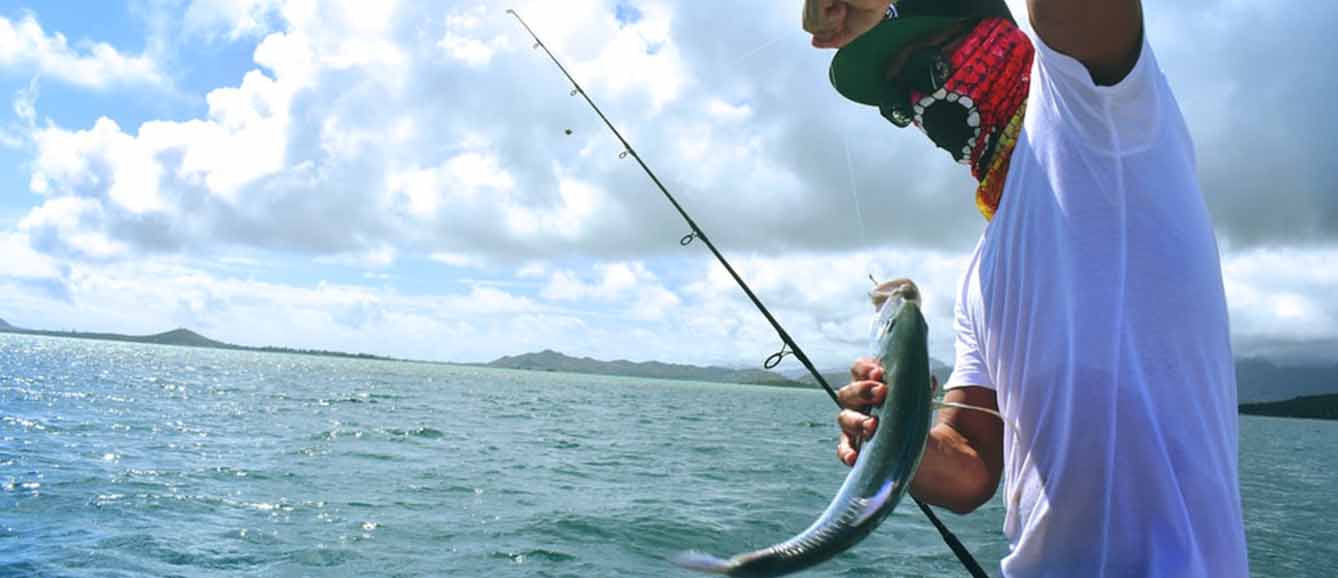
Consider how your bait glides in the water naturally and try to replicate it with your rod tip and reel speed. Then pull up on the top of your rod and reel down to gather the slack while maintaining your bait in contact. If you just cast and reel as quickly as possible, your lure will not seem natural, and you will be lucky if you receive a tug. You will get more takes if you swim your baits according to the fishing spot.
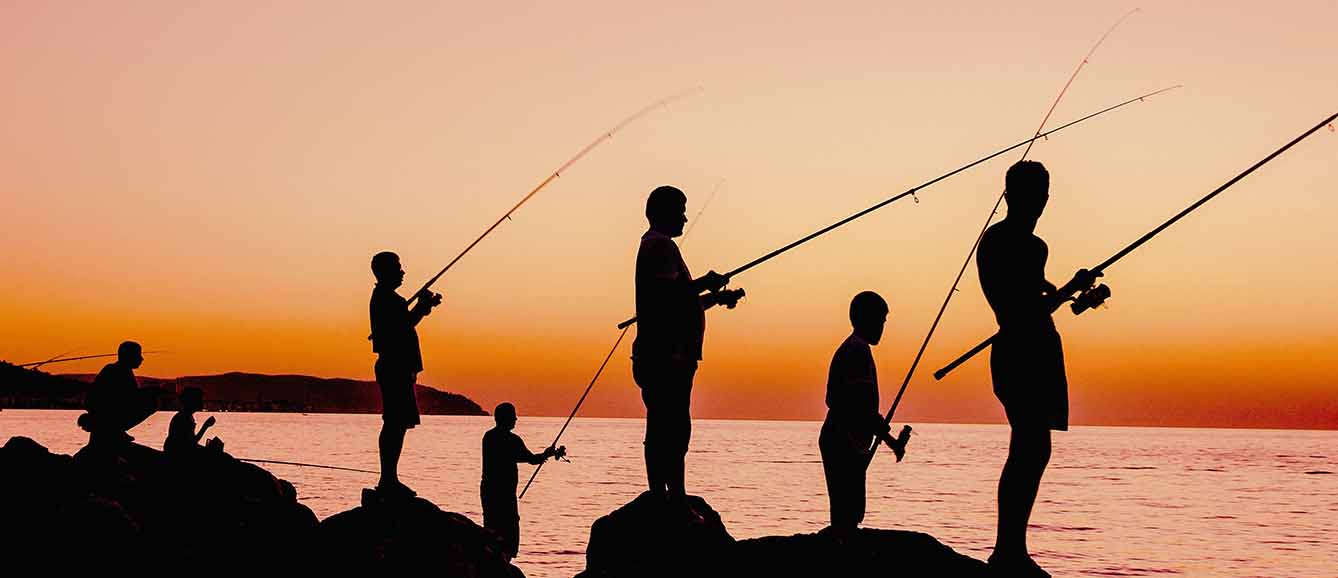
To catch more fish, you need to do fishing where the fish are. Isn't it obvious? Indeed, figuring out "where the fish are" is rarely as simple as placing a baited hook near a clump of underwater weeds. Sometimes, you may need to switch lures, hooks, weights, knots, and even methods.
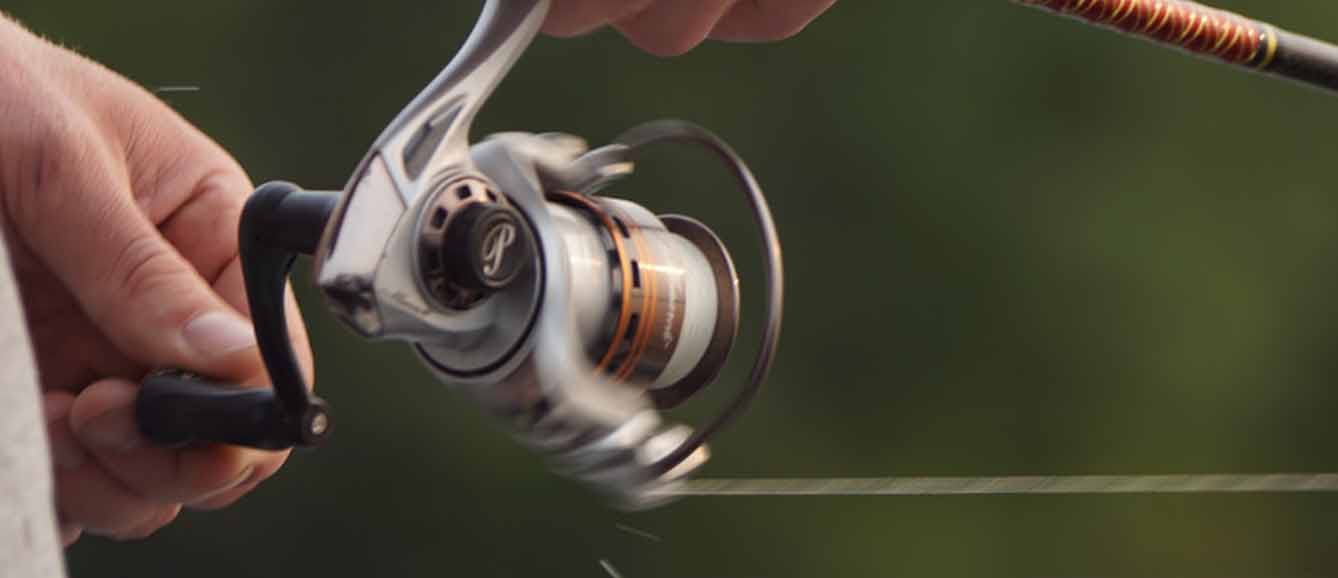
Topwater fishing is enjoyable for beginners since they can see both the bait and the bite. If it does not work, a crucial fishing tip for novices is to know when to switch techniques. Casting your bait deeper till you find the fish is one tactical change to make. When bait fishing, you need to add or subtract weight. You can switch to a sink tip or sinking line when fly fishing. Lastly, you can use a jig for metal-tipped jerk bait.
If exchanging lures does not work, changing places is another tactical option. To find the fish, move around. You need to cover the water with a fan cast. Make a few casts to the left of you. Make some in front. Then, to your right, make some more. Move down to the new fishing place if you have covered the area, tried different depths, used another bait, and still have not had a bite.
Fishing is supposed to be a calm pastime that takes a lot of time, patience, and commitment. Do not be frustrated if you do not catch a fish right away. If you stick to your principles, the fish will come. Catching a fish is only a bonus when it comes to fishing. Keep your fishing noise to a minimum, keep an eye on your line for any bites, and pull hard to hook your fish when the time arises. Check your line every 20 minutes to ensure that your bait and tackle are still in good working order.
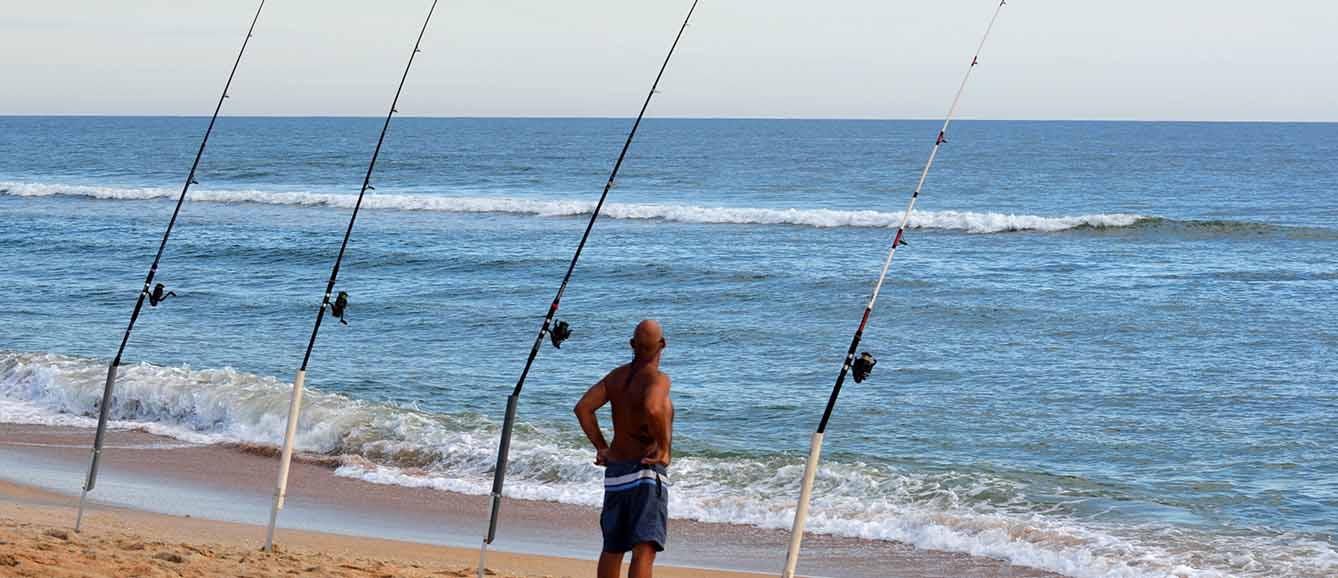
Anglers in most states are required to acquire a fishing license. For children in a given age range, there are some exceptions. Even if you only plan on traveling abroad for a couple of trips, this is a cost you cannot avoid. Fishing without a license carries severe fines and penalties, and it might result in the confiscation of all your newly purchased gear.
Remember that fishing is a process, and the more you catch, the better your method is. To become an expert at catching fish, we hope this article might come to your help.
